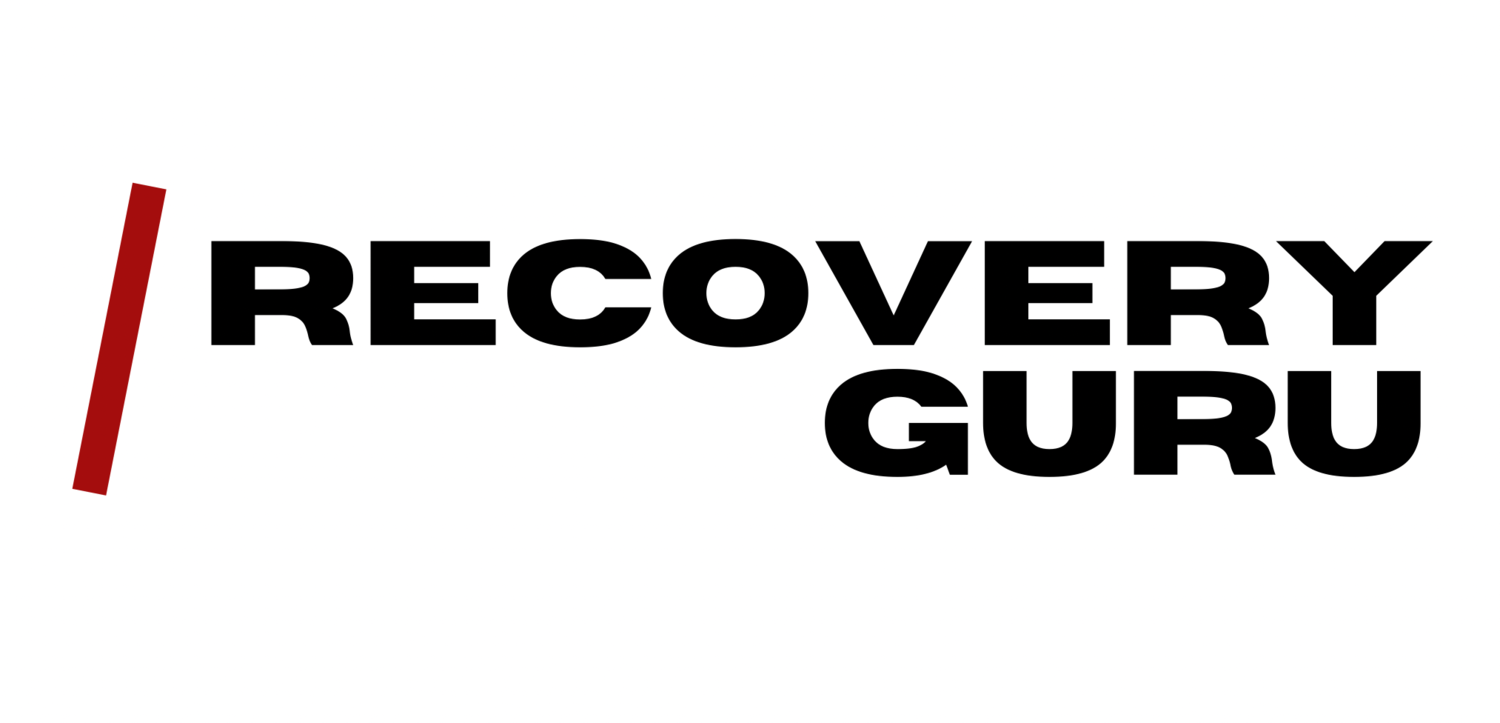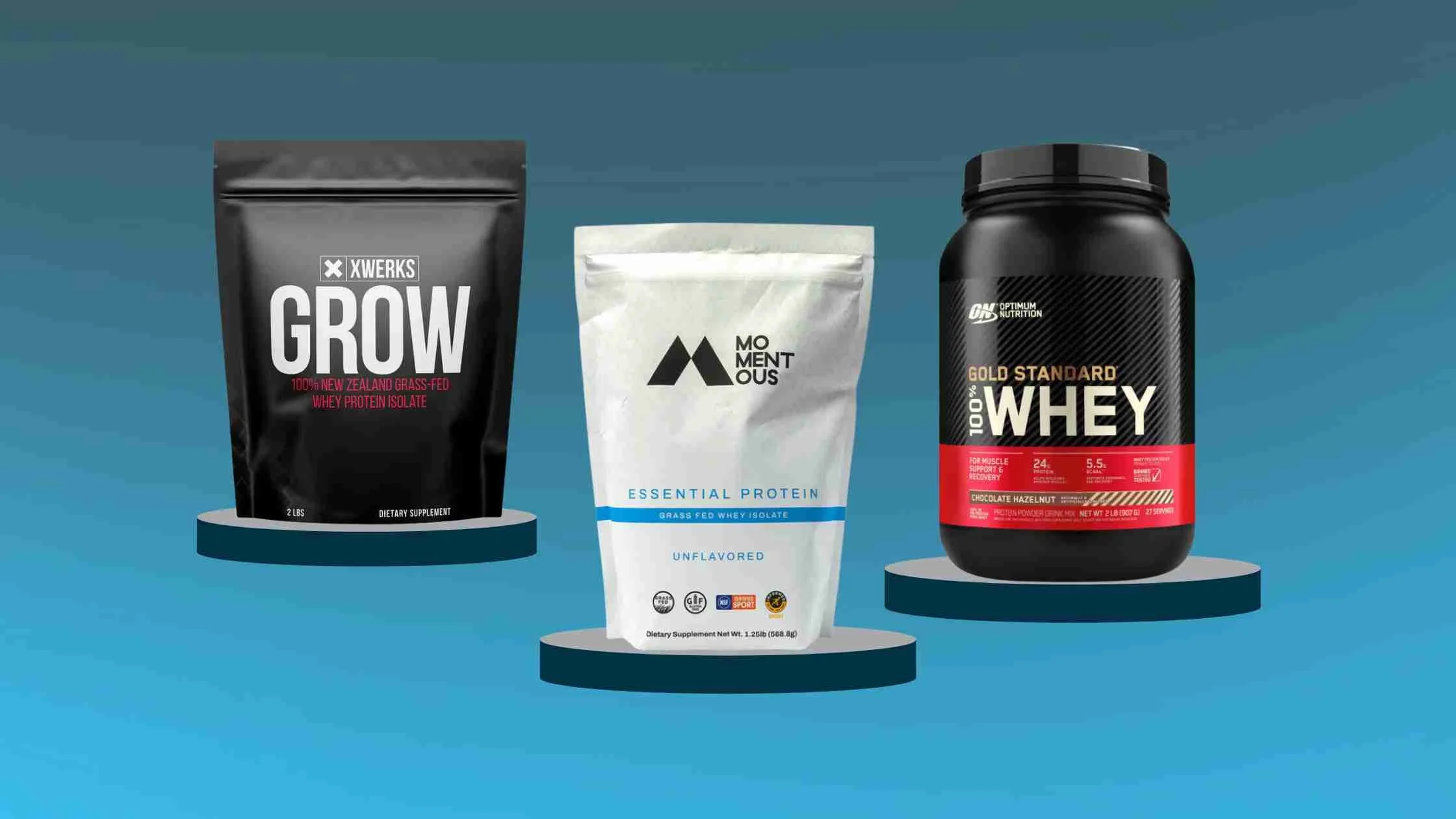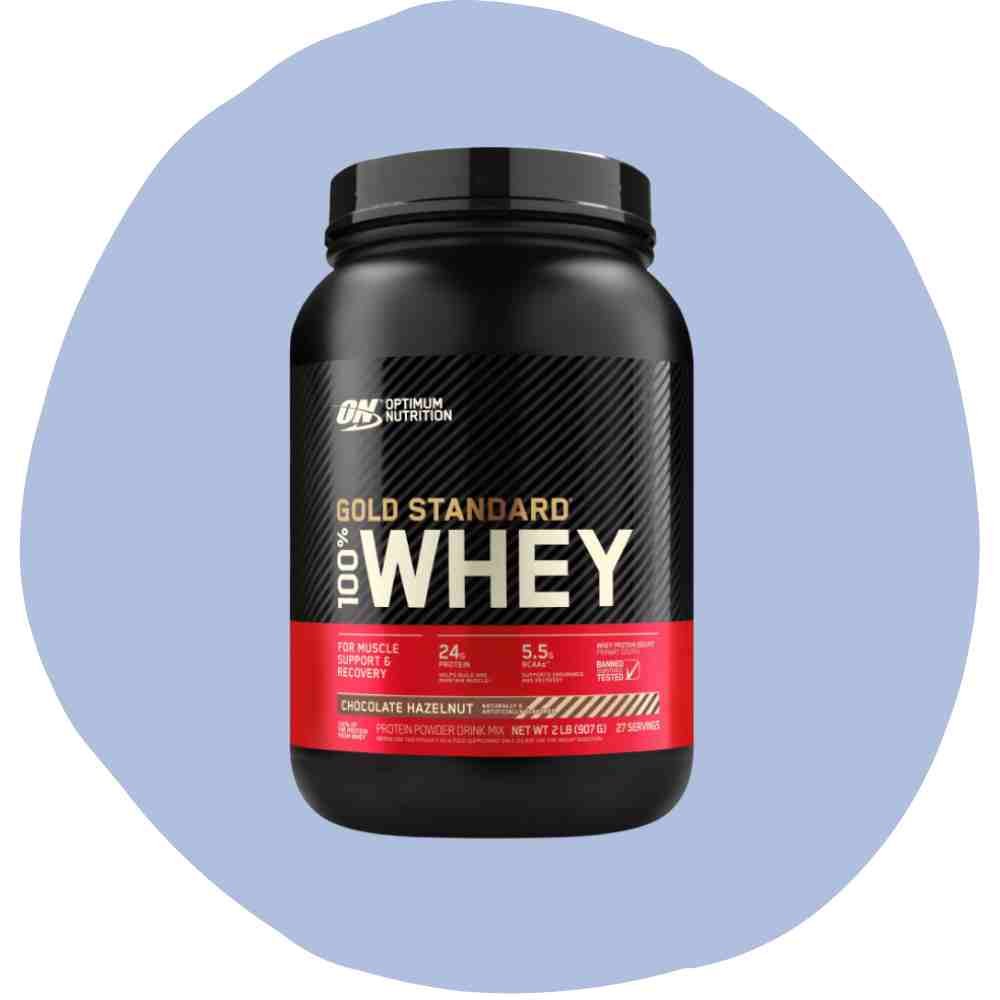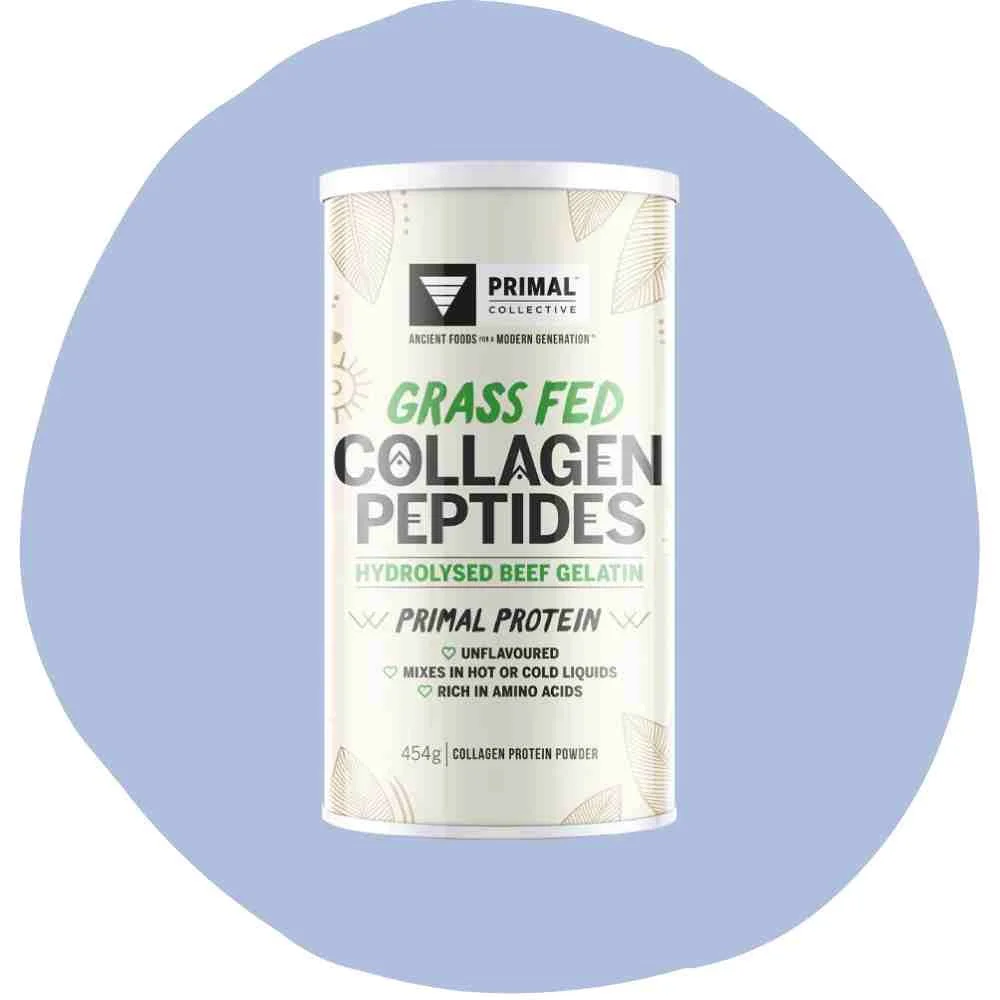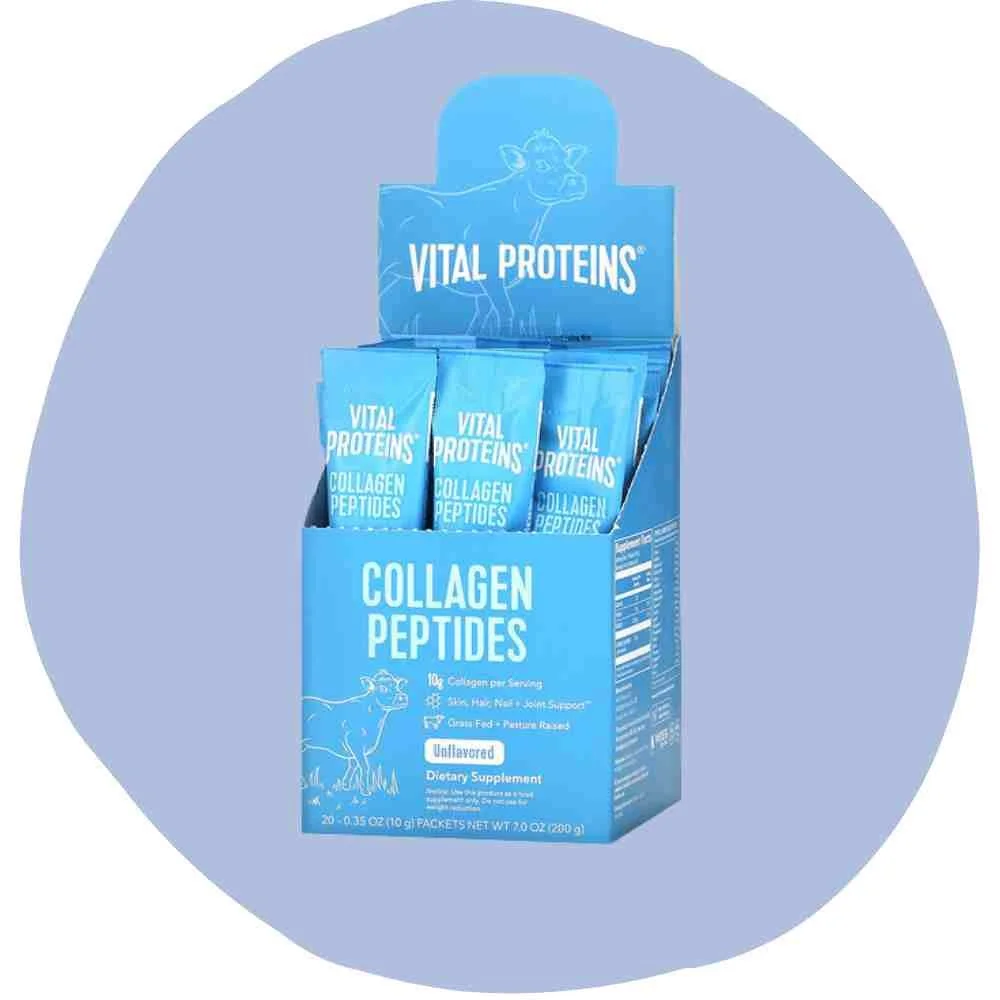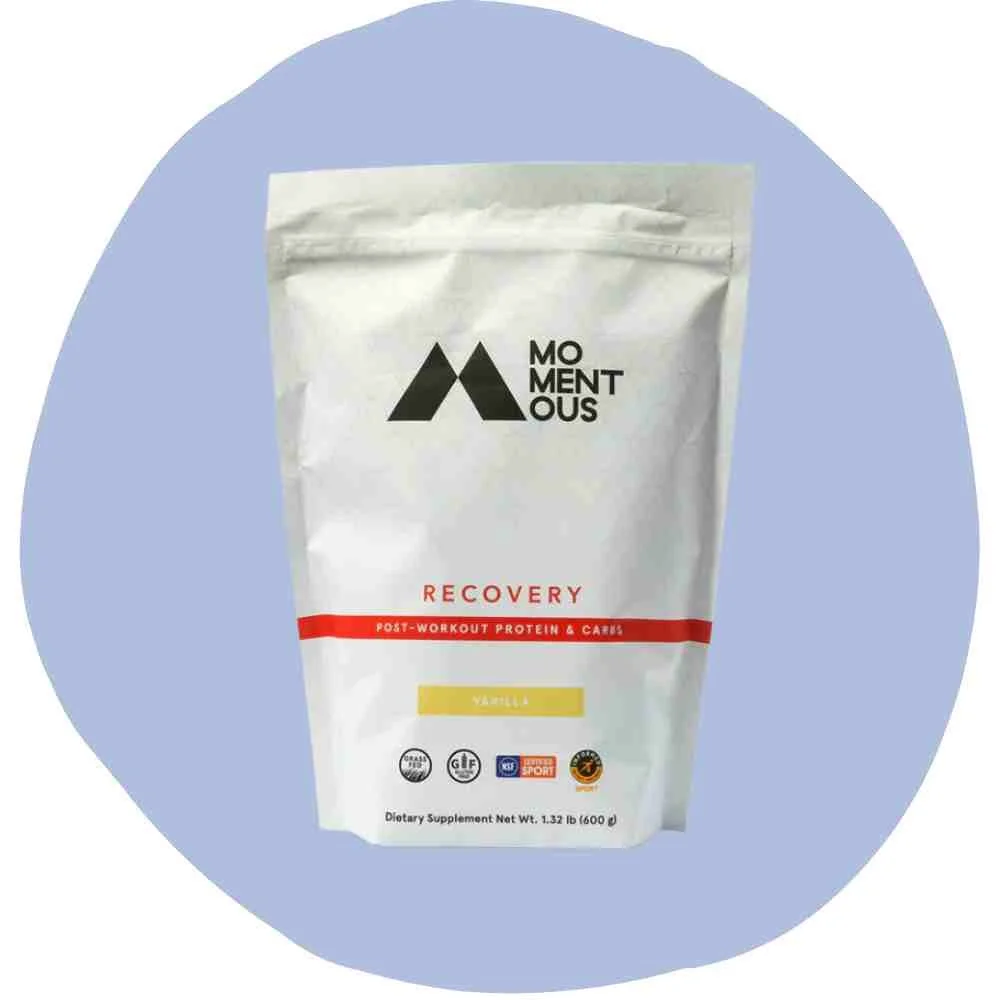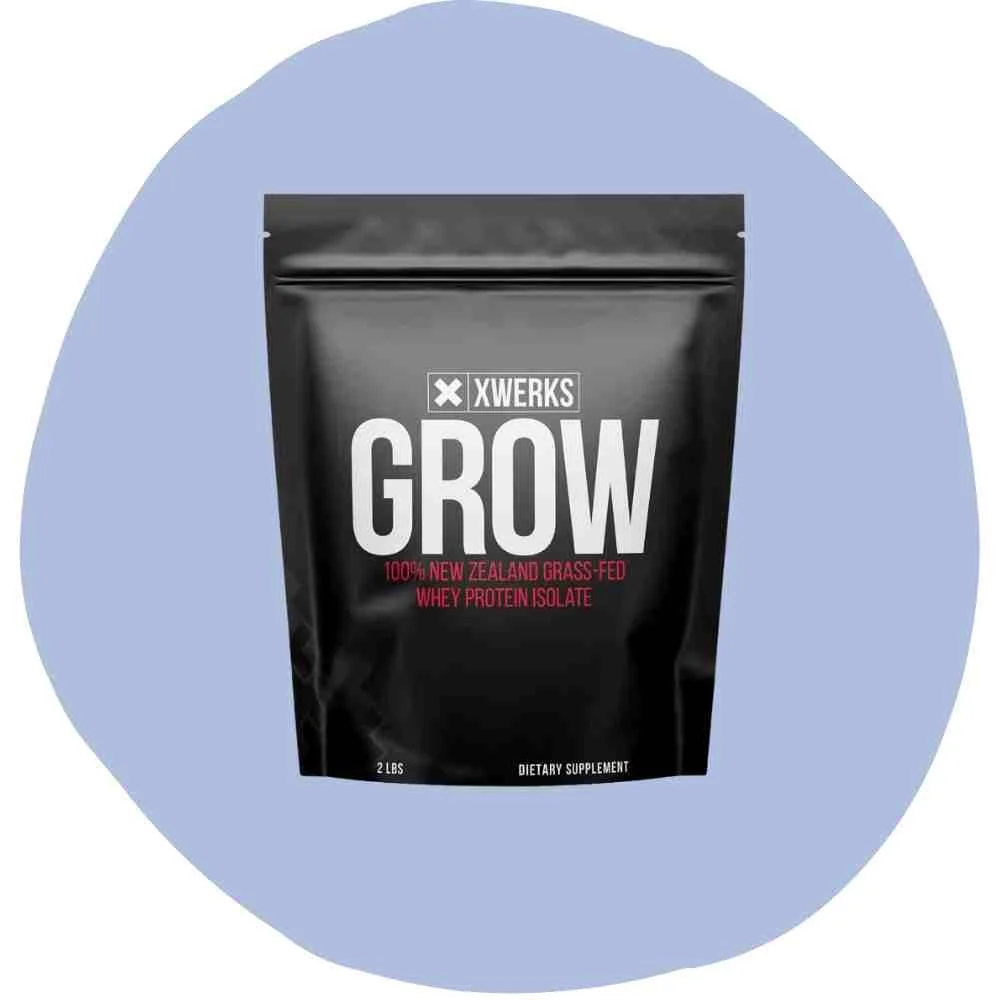8 Best Protein Powders Australia in 2024 – Recovery Nutrition Essentials
Best Protein Powders of 2024
Some critics will say you don’t require a good protein powder for recovery and can get all of your nutrition needs from wholefoods alone. Sure, this can be true but it is often difficult to logistically achieve in terms of time and budget. Like ice baths and saunas, using protein powder has been well studied as an effective approach to recovery.
Using a quality protein powder has a number of benefits, regardless of if you are an athlete or not, but it is important to get the ingredients right. There’s a confusing amount of protein powders Australia, so we’ve dumbed it down in the article, after gulping down countless protein powders over the years, to show you just a handful that are worth trying and adding to your daily routine.
Best Protein Powder Australia – Our Top Picks
Best Overall: Momentous Grass Fed Whey Protein (Use code GURU15 for 15% off)
Best Runner Up: Optimum Nutrition Gold Standard Whey
Best Paleo: Primal Collective Grass Fed Collagen Peptides
Best Travel: Vital Proteins Collagen Peptide Sachets
Best Recovery: Momentous Recovery Formula
Best for Muscle Growth: XWerks Grow Whey Protein Isolate
Best for Weight Loss: 180 Nutrition Whey Protein Superfoods
Best Vegan: Nuzest Clean Lean Protein Powder
Why Use a Protein Powder?
Is protein powder worth it? This is a very common question asked when looking for a protein powder to add into your routine, as they can definitely be an expensive nutritional habit. Protein is no doubt an essential macronutrient for overall health and especially for muscle growth.
Generally speaking, most people can get enough protein from whole foods and animal based diets, but it can still be useful for you to use a protein powder to supplement your diet for a few different reasons.
Read Also: 10 Science Based Benefits of Whey Protein Powder
Why use protein powder? Protein is an essential nutrient that plays a foundational role in maintaining overall health and well-being. It is a macronutrient comprised of amino acids, the building blocks of various bodily tissues, including muscles, bones, skin, and even enzymes. While obtaining protein from whole food sources like meat, poultry, fish, dairy, legumes, and nuts is ideal, there are situations where using protein powder as a dietary supplement can offer distinct advantages. These include:
1. Convenience and Accessibility: One of the primary reasons to use protein powder is the convenience it offers. Preparing and consuming whole food sources of protein can be time-consuming and may require refrigeration or cooking. In contrast, protein powder is incredibly convenient. It can be quickly mixed with water, milk, or added to smoothies, making it an efficient option for individuals with busy lifestyles, on-the-go routines, or limited access to kitchen facilities.
2. Ease of Digestion and Absorption: Certain whole food protein sources may contain fats, fibers, or other components that slow down digestion and absorption. Protein powder, on the other hand, is often formulated to be easily digestible, allowing the body to rapidly absorb amino acids. This quick absorption can be particularly beneficial during the post-workout "anabolic window," when the body is primed to utilize protein for muscle repair and growth.
3. Precision and Portion Control: Using protein powder enables precise control over protein intake. This is especially valuable for individuals who are tracking their macronutrient intake for specific goals such as muscle gain, weight loss, or athletic performance. Protein powders typically come with clear serving size recommendations, allowing users to tailor their protein intake to their unique needs.
4. Muscle Growth and Repair: Protein is crucial for muscle repair and growth, making it a staple for individuals engaging in regular physical activity, particularly strength training or endurance exercise. Protein powder, often rich in essential amino acids, provides a concentrated source of protein that supports the body's recovery and adaptation to exercise-induced stress. This can aid in maximizing muscle gains and minimizing muscle breakdown.
5. Weight Management and Appetite Control: Protein is known for its satiating effect, meaning it helps keep you feeling full and satisfied. Including protein powder in your diet can assist in managing hunger and cravings, which is beneficial for those aiming to control calorie intake and lose weight. By curbing appetite and prolonging feelings of fullness, protein powder can contribute to reduced overall calorie consumption.
6. Dietary Restriction and Preferences: Individuals following specific dietary patterns, such as vegetarian, vegan, or lactose-free diets, may find it challenging to meet their protein needs solely through whole food sources. Protein powders offer an alternative source of protein that aligns with dietary restrictions and preferences, helping ensure adequate protein intake.
7. Aging and Muscle Preservation: As people age, there is a natural decline in muscle mass, known as sarcopenia. Adequate protein intake becomes even more critical to maintain muscle mass and overall functionality. Protein powder can be an effective strategy for older adults to supplement their protein intake and mitigate age-related muscle loss.
8. Medical Conditions and Recovery: Certain medical conditions, such as malabsorption disorders or surgery recovery, may necessitate higher protein requirements. In such cases, protein powder can serve as a valuable tool to help meet these increased needs and support the body's healing and recovery processes.
9. Enhanced Nutrient Timing: Protein intake timing can impact its effectiveness in muscle repair and growth. Consuming protein powder before or after a workout can provide a convenient and strategic way to optimize nutrient timing, ensuring the body receives the necessary amino acids at the right time for maximum benefit.
10. Variety and Flavour Options: Protein powders come in a wide array of flavours, from vanilla and chocolate to more unique options like cookies and cream. This variety can add excitement to your diet and make it more enjoyable to consume protein-rich foods, especially for individuals who may find certain whole food sources less appealing.
Choosing the Best Type of Protein Powder
Determining the optimal protein powder for your individual needs is a crucial consideration. As previously discussed, protein powder can be sourced from a variety of natural foods commonly found in our diets. However, it's essential to broaden your decision-making process by considering alternative options in case whey protein does not align with your preferences or requirements.
Animal Whey Protein
This is our preferred and most recommended type of protein to use as it has the most complete nutritional profile, however some may dispute this. Derived from high-quality sources such as cow's milk, this protein variant has long held its position as a cornerstone of fitness enthusiasts and bodybuilders alike. Its rich amino acid profile, coupled with a superior biological value, cements its status as a go-to option for those seeking robust muscle support and growth. We always look for Grass-fed whey protein as the best and most healthy source of whey protein powder.
Animal whey protein boasts a comprehensive blend of essential amino acids, making it an exceptional choice for promoting muscle recovery and repair. Its rapid absorption rate further amplifies its efficacy, delivering a quick infusion of amino acids to muscle fibres in the post-workout window, aiding in the replenishment and rejuvenation process.
Unlike some plant-based alternatives, animal whey protein stands as a complete protein source, encompassing all nine essential amino acids crucial for bodily functions. This attribute renders it particularly effective in fostering lean muscle development and overall physiological well-being.
Additionally, animal whey protein exhibits a favourable taste and texture profile, often considered more palatable and smoother when mixed compared to certain plant-derived counterparts. This sensory appeal can significantly enhance the consumption experience, making it easier to incorporate into daily dietary routines.
However, it's important to note that animal whey protein may not be suitable for individuals adhering to a vegan or lactose-intolerant lifestyle. Its derivation from cow's milk could present challenges for those with dietary restrictions or sensitivities.
Soy Protein
For individuals grappling with lactose intolerance or adhering to a vegan lifestyle, attaining adequate levels of high-quality protein can prove to be a challenge. Enter soy protein, derived from soybeans, which emerges as a viable alternative.
This protein source encompasses all the essential amino acids vital for the body's functioning, including the elusive vitamin B12, thus contributing to enhanced overall diet and well-being across multiple facets.
Nevertheless, it's worth noting that certain studies suggest soy protein might not exhibit the same efficacy as whey protein in certain objectives. However, if your goals diverge from those benchmarks, soy protein can be a valuable contender. It's worth mentioning that the texture of soy protein can occasionally verge on chalky, and its blend-ability may not rival that of other powder varieties.
Pea Protein
A burgeoning star within the realm of plant-based proteins, pea protein garners attention for its ascendant popularity. An optimal choice for those struggling with dairy protein digestion or grappling with fodmap-rich foods.
Procured from peas and meticulously ground into a fine powder, this complete protein might not resonate with every palate. Recent investigations unveil the prowess of the unassuming pea, showcasing muscle growth gains comparable to whey protein.
Rice Protein
Another entrant in the plant-based protein arena, rice protein, is primarily carbohydrate-focused. However, it falls short of being a complete protein, lacking all nine essential amino acids present in whey.
Consequently, rice protein necessitates blending with other plant-based proteins to achieve a more balanced nutritional profile. Preliminary research underscores rice protein's potential in promoting weight loss and augmenting lean muscle mass, aligning favourably with whey protein. It emerges as an enticing alternative for individuals harbouring FODMAP sensitivity or contending with soy or dairy allergies.
Egg Protein
Egg protein powder emerges as a robust protein reservoir characterised by a lofty biological value. Prevalent among bodybuilders during the 80s and 90s, egg protein powder earned its acclaim due to its proficiency in nurturing muscle growth.
With its lactose-free composition and minimal carbohydrate content, it offers a streamlined source of protein. Ensuring your egg-protein comes from a free-range, organic or biodynamic source is ideal for best quality.
A word of caution: Egg protein possesses a distinctive taste that demands acquired appreciation. Besides its propensity for substantial frothing upon mixing, its aroma and flavour can be somewhat off-putting.
Best Protein Powders Australia in 2024
There is most definitely a place for protein powders as part of a healthy nutritional protocol for overall dietary health and especially for performance based nutrition. With so many protein powders available to buy online, we have condensed this overwhelming market down to a few of our favourite protein powders, with a selection for best overall, highly reviewed, something for the vegans, protein powder for growth, paleo friendly protein and best for travel.
Best Overall: Momentous Grass Fed Whey Protein
Price: $55.21USD (on monthly subscription)
Taste: 4.8/5
Serving Size: 26.5g
Use code GURU15 for 15% off
The Momentous Grass Fed Whey Protein is the overall best protein powder on the market right now. The Momentous Whey Protein is one the better sourced and consciously formulated protein powders, with grass-fed whey isolate which is cold-processed and contains an enzyme called Prohydrolase, which increases the bioavailability of the protein and increases digestibility.
The Momentous Whey Protein is available in 24-servings packages and can be bought as a one-off product or as a subscription based product for a reduced price.
They offer three different options for flavour in the Momentous Whey Protein, with unflavoured, chocolate, or vanilla. The unflavoured is perfect to add into smoothies and baked goods while the flavoured options are ideal for a solo protein shake without an overpowering overly sweet taste.
The Momentous Protein Powder uses whey sourced from German gras-fed cows without any growth hormones in their diet and traceable to an individual farm, giving the ultimate accountability and traceability.
Best Runner Up: Optimum Nutrition Gold Standard Whey
Price: $74.90AUD (904g)
Taste: 4.9/5
Serving Size: 31g
The Optimum Nutrition Gold Standard Whey Protein gets best runner up protein powder on our list. Protein powder is one of the most studied and research nutritional supplements in the world, and Optimum Nutrition Gold Standard has to be one of the most widely used, popular and reviewed protein powders in Australia and beyond.
With the sheer amount of time this protein powder has been around and the amount of people that have used it, Optimum Nutrition Gold Standard Whey has to be one of the most widely trusted protein powders around.
They have a massive selection of flavours for the Gold Standard Whey, but I have personally only tried the French Vanilla Cream and the Double Rich Chocolate. Both of these are amazing on taste, but bordering on the sweet side. Last time I checked, you can get the Optimum Nutrition Gold Standard Whey in four different tub sizes including 450g, 900g, 2.3kg and 4.5kg.
The Optimum Nutrition Gold Standard is made predominantly from whey isolate and is safe to use from a banned substances testing point of view for athletes, featuring 24g of protein per serving and 5.5g of BCAA’s in each serving too.
Best Paleo: Primal Collective Grass Fed Collagen Peptides
Price: $49
Taste: 4.5/5
Serving Size: 15g
The Primal Collective Grass Fed Collagen peptides is the best paleo protein powder for those looking to satisfy protein intake on a paleo or primal style of nutrition. There are loads of protein powders Australia that would classify as “paleo”, with the primary thing to look out for being whey or collagen sourced from pasture fed cows.
While the Paleo diet itself would most likely be providing adequate protein intake, there is still a place for protein powders on a primal diet. The Primal Collective range is paleo, keto, dairy free and gluten free, made from hydralysed beef gelatin, giving it a very high amino acid count with 18 different amino acids.
The Primal Collective Collagen Peptides are priced at $49.50 for 454grams which is slightly more expensive than some of the other protein powders mentioned on this list, but the ingredient quality is super high.
The part we love most about the Primal Collective collagen peptides is that the powder is suitable to be mixed in both hot and cold drinks because of its unflavoured makeup. You can essentially add this protein powder to anything from bone broth to morning smoothies to increase your protein intake in a very efficient way. The collagen helps with joint health, skin elasticity, gut health and is high on bioavailability which means it is easily taken up/digested.
Best Travel: Vital Proteins Collagen Peptide Sachets
Price: $72.46
Taste: 4.4/5
Serving Size: 10g (20 sachets)
The Vital Proteins Collagen Sachets are the ultimate travel protein companion. These protein sachets are the best, and I always order a box of these before I go away on holidays, to avoid having to source a good protein powder when I go away, and the sachets easily fit into a little zip lock bag or small plastic container.
The Vital Proteins sachets are made from grass fed and pasture raised cows with no added flavours, meaning it can be added to coffee, smoothies, protein shakes, porridge or other recipes. I usually just buy these sachets from Amazon but they are available from a variety of places online.
The box comes with 20 x 10g sachets but can also be purchased in a standard protein powder tub of 284g as well. These protein sachets are also a great things to have in a gym bag or lunch box to add into your daily intake as an extra source of protein to have after a workout to get your through to the next meal or just as a post workout shake.
Best Recovery: Momentous Recovery Formula
Price: $46.33USD (on monthly subscription)
Taste: 5/5
Serving Size: 40g
The Momentous Recovery Formula is a must for those doing bigger volume of training and looking for an optimal protein and carbohydrate ratio recovery protein powder. The Momentous Recovery has a 2:1 protein to carb ratio and is perfect for replenishing after training, effectively raising blood sugar and reducing cortisol with its specifically designed formula, which increases the absorption of amino acids.
The Momentous Recovery powder has a really well though out ingredient profile with exercise recovery in mind, with L-Glutamine, L-Carnitine and Magnesium providing a good amino acid profile and vitamins and minerals essential to recovery and muscle relaxation following training.
The Recovery Formula is $54.50 for a one time purchase or can also be bought as a monthly subscription for $46.33. It comes in both chocolate and vanilla flavours and is pretty bang on for taste – our favourite is the vanilla. The Momentous Recovery Formulas is the pick of the best protein powders Australia if you are looking for a protein source with a slightly higher carb count to suit your intake needs from solid, longer duration and long intensity training.
Best for Muscle Growth: XWerks Grow Whey Protein Isolate
Price: $59USD
Taste: 4.9/5
Serving Size: 23g-25g (depending on flavour)
XWerks Grow Whey Protein is the ideal protein powder when muscle growth is the goal. XWerks comes in Chocolate, Vanilla, Peanut Butter, or Strawberry and is made from 100% New Zealand grass fed whey protein isolate.
Xwerks has a really strong amino acid profile with 18 Amino acids, as most grass-fed whey will contain. Xwerks is a naturally sweetened protein powder and is not an overbearing flavour, despite the fact that I usually don’t go for flavours like strawberry or peanut butter.
This protein powder is made without artificial sweeteners, flavours or colouring and is gluten and soy free. The XWerks whey isolate powder is made with a cold-pressed, non-ion exchanged filtration process which helps preserve these important biological nutrients while removing unwanted fats and carbohydrates (such as lactose).
Best for Weight Loss: 180 Nutrition Whey Protein Superfoods
Price: $64.95AUD
Taste: 4.85/5
Serving Size: 40g
Protein powders can act as a suitable supplement to compliment a healthy weight loss nutrition plan. The 180 Nutrition is an ideal weight loss protein powder as it has a low carb and low sugar formula.
The 180 Nutrition Whey Protein Superfoods serving size of 40g contains 50% protein, 11% fat and 9% carbohydrate making it a good blend when weight loss is the main goal, as whey protein is known to increase fat loss while sparing lean muscle.
What we love about the 180 Nutrition Superfood blend is that it has no fillers or emulsifiers, no sugar (instead sweetened with stevia), is vegan friendly, gluten free, nut free and has no preservatives, making it a suitable protein powder source for a wide range of individual nutritional requirements.
The Superfood blend can be bought in 1kg or 4kg sizes and offers three flavours: chocolate, vanilla and coconut. We tried the coconut and found the taste to be a real natural coconut flavour that was suitable for smoothies, straight protein shakes and to add to baking.
Best Vegan: Nuzest Clean Lean Protein Powder
Price: $35AUD
Taste: 4.7/5
Serving Size: 25g
There a lot of things to like about Nuzest Vegan Protein Powder, including the amount of flavour options on offer. Nuzest Protein Powder is a standout in the sea of vegan or plant based protein powder options, with five different vegan flavours to choose from including Smooth Vanilla, Rich Chocolate, Wild Strawberry, Just Natural and Real Coffee.
The Nuzest Clean Lean Vegan Protein Powder is made with pea protein and has all natural plant-based flavours and sweeteners, so no nasty additives. The products are tested by an independent third party are grown in France under strict conditions, pesticide free, herbicide free and non-GMO.
Nuzest Vegan Protein powders are GMO free, dairy free and soy free, meaning they are a ideal solution for those following a vegan or plant based diet looking to add extra protein to their diet. Nuzest Clean Lean Vegan Protein powder is $35AUD for 250g tub, $55.60AUD for 500g or $99.95AUD for the 1kg tub.
Protein Powder FAQ’s
When is the best time to take protein?
The timing of protein intake can play a role in optimizing its benefits, particularly for muscle recovery and growth. Many experts recommend consuming protein within the "anabolic window," which is around 30 minutes to 2 hours after a workout. This is when your muscles are most receptive to absorbing nutrients. Additionally, having a serving of protein powder in the morning or as a snack can help support satiety and energy levels throughout the day.
Do I need protein if I eat well?
While a balanced diet rich in whole food sources of protein is ideal, there are situations where protein powder can be beneficial. Athletes, individuals with high activity levels, vegetarians, vegans, and those with specific health goals may find it challenging to meet their protein needs solely through whole foods. Protein powder offers a convenient and concentrated source of protein to supplement dietary intake.
What type of protein powder is best?
The best type of protein powder depends on your individual preferences, dietary restrictions, and goals. Common types include whey protein, casein protein, plant-based proteins (pea, rice, hemp, etc.), and egg white protein. Whey protein is rapidly absorbed and ideal for post-workout recovery, while casein provides a slow-release protein source. Plant-based options are suitable for vegetarians and vegans. Choose a protein powder that aligns with your dietary needs and preferences.
How much protein do I need?
Protein requirements vary based on factors such as age, gender, activity level, and goals. The general guideline for adults is to consume around 0.8 grams of protein per kilogram of body weight. However, athletes and individuals engaged in regular physical activity may need more protein to support muscle repair and growth. Consulting with a healthcare professional or registered dietitian can help determine your specific protein needs.
Does protein powder help weight loss?
Yes, protein powder can support weight loss efforts. Protein has a high satiety factor, meaning it helps you feel full and satisfied. Using protein powder to support weight loss without lean muscle mass wastage is a science backed protocol. By including protein powder in your diet, you can manage hunger and cravings, potentially leading to reduced calorie intake. Additionally, protein powder can assist in preserving muscle mass during weight loss, which is important for maintaining a healthy metabolism.
Can I take protein powder if I’m pregnant?
Pregnant women have increased protein needs to support the growth and development of the foetus. While whole food sources of protein are recommended, protein powder can be included as a supplement if needed. However, it's crucial to choose a protein powder that is safe for pregnancy and consult with a healthcare provider before making any dietary changes during pregnancy.
Remember that protein powder should be viewed as a supplement to a balanced diet, rather than a replacement for whole food sources of protein. It's important to read labels, choose reputable brands, and consult with a healthcare professional or registered dietitian before incorporating protein powder into your routine, especially if you have specific health conditions or concerns.
Conclusion Best Protein Powder Australia
The best protein powders in Australia are those which use quality ingredients and are well sourced. This is by no means an exhaustive list of good protein powders Australia, and the amount of protein powders out there to choose from is definitely overwhelming.
Each of the protein powders mentioned on our list serves a slightly different purpose and contains a variety of different ingredients, so we recommend checking the details of each product to ensure it is well suited to what you are looking for from a protein powder.
From what we have tried and tested, the best protein powder overall is the Momentous Grass Fed Whey, but be careful, you may find yourself with a cart full of extras when you go to the Momentous store with so many other quality health supplements on offer. If you are plant-based, I have not come across a better option for vegan protein than the Nuzest Clean Lean vegan protein powder in terms of quality sourced ingredients and taste.
The most popular and best runner up protein is the Optimum Nutrition Gold Standard Protein. There is just simply not another more widely used and highly reviewed protein powder out there than this which is so widely trusted, although we prefer many of the newer protein powder brands on our list for ingredients and taste.
Overall, we highly recommend using some form of protein powder whether you are an athlete looking for optimal recovery nutrition protocols or an average joe just looking to increase protein intake to satisfy nutritional and body composition goals like weight loss or muscle gain. As always, maintain awareness on how you feel using these products, how your body reacts and how much or often to include protein powder in your diet based on professional advice.
